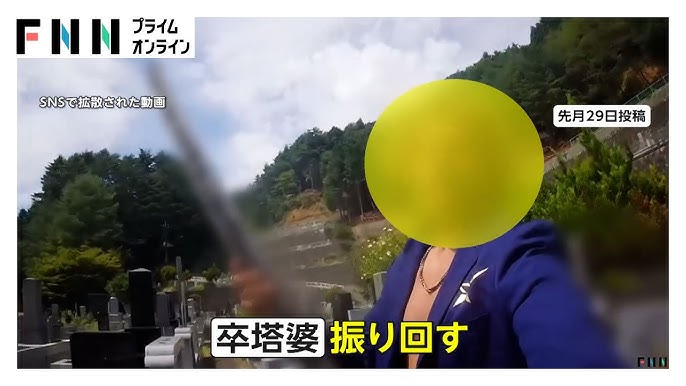Foreign tourists drawing criticism over inappropriate behavior at a Japanese graveyard have become the subject of headlines. Sparked by a wave of social media posts involving foreigners disrespecting local traditions, the issue triggered substantial public outcry. Although the time and the specific place of these incidents remain undisclosed, the matter of maintaining cultural etiquette, particularly within spiritual confines, becomes an international discourse.
In Japan, graveyards are considered sacred places that demand high levels of respect and strict adherence to traditional customs. Hence, inappropriate behavior within these areas, particularly by visitors unaware or dismissive of the importance and sanctity of these practices, is often viewed as deeply offensive and disrespectful. Such instances can trigger broad social discussions on the need for deeper cultural understanding and respect among foreign visitors.
In the US or EU, inappropriate behavior in cemeteries, like vandalism or disruptive activities, is also highly frowned upon. However, such actions might not evoke the same level of public outcry as it would in Japan, due to varying cultural norms and perceived sacredness of these sites. Graveyard etiquette is universally important, but the level of sanctity and traditional customs may differ among societies.

